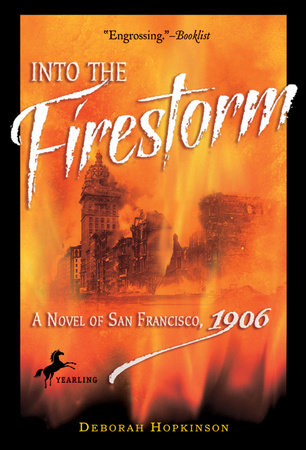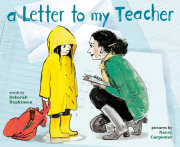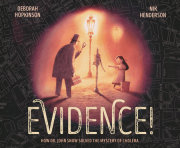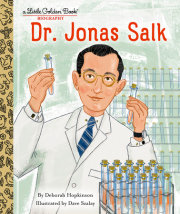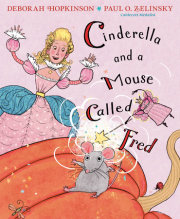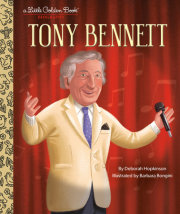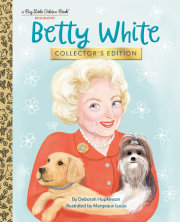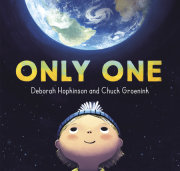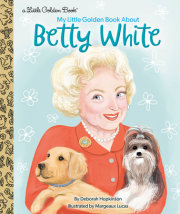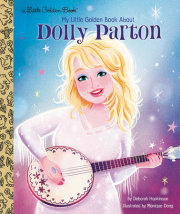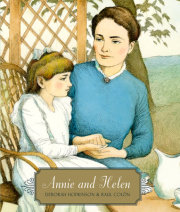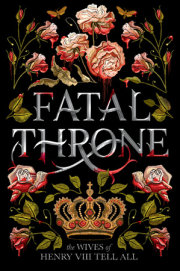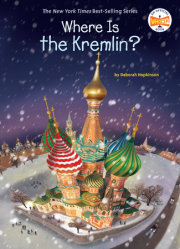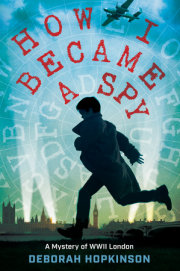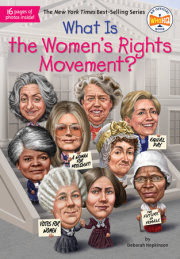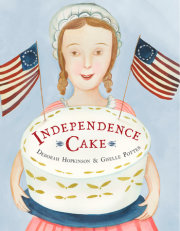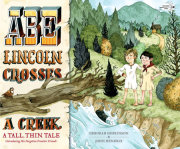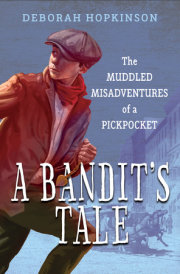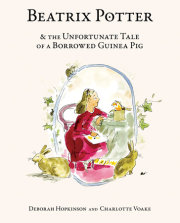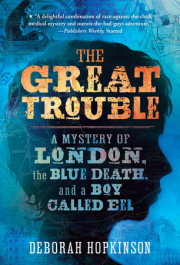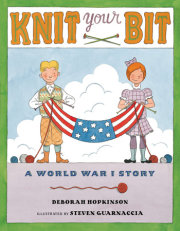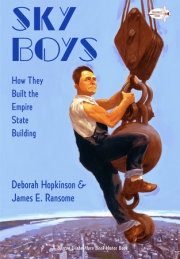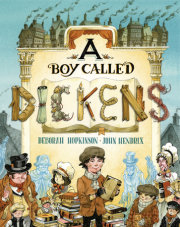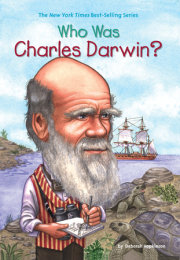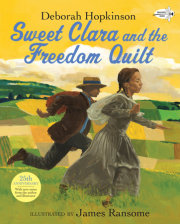Road Kid
“Hey, kid. Get back here and empty your pockets.”
Nicholas Dray whirled to see a burly policeman pointing a black club right at him. He froze in astonishment. This should not be happening. Not to Nick the Invisible.
Nick could count only three things he was good at. First, he could pick cotton. Working cotton—planting, thinning, chopping, and picking it—was about all he’d done for most of his eleven years.
Nick wasn’t bad at writing, either. Oh, not putting words together to tell a story or anything, just making letters and words look nice. Back in Texas, he’d often come home after working in the fields and sink down with his back against their wooden shack. Before long he’d be scratching in the dust with a stick until Pa yelled at him to finish his chores or Gran called him in to eat some steaming-hot corn bread.
Being invisible was Nick’s third and newest skill. He’d only gotten good at it since becoming a road kid, since that morning a few weeks ago when he’d finally taken off from the Lincoln Poor Farm for Indigents and Orphans.
Nick had worried a lot about whether he’d be able to make it to California from Texas. But between begging rides from farmers and even hopping a few freight trains, things had gone pretty well. Not one policeman or official-looking person had paid him any mind. In fact, Nick had gotten so confident, he’d begun to think of himself as Nick the Invisible.
So how could he have let this policeman sneak up on him? How could it be that now, when he’d finally arrived in San Francisco, just where he wanted to be, he wasn’t invisible at all?
“Hey, kid, didn’t you hear me the first time? Get back here and empty your pockets.” The policeman’s yell drowned out the clanking of a cable car. The big man lumbered closer, looking like a giant bear, with bushy red eyebrows sprouting every which way. “I saw you stick your grimy hand into that vegetable cart.”
“You can’t send me back. I didn’t take anything, Bushy Brows,” Nick mumbled out loud, pushing off into a run.
And that was true enough. Nick hadn’t stolen a thing—at least not yet. He’d only stopped to feast his eyes on the bright lettuces and cabbages and breathe in the fresh, sweet scent of oranges piled in neat rows. He couldn’t help it. He was that hungry.
Nick pulled his old brown cap over his curly hair and lunged into the crowd. His wild hair could be a problem. It made him easy to spot—and easy for policemen like Bushy Brows to remember him.
Nick never used to mind his hair. For one thing, Gran kept it cut close during cotton season so as to keep his head cooler. She’d always told Nick his hair was a gift from his mother. Since his mother had died when he was born, Nick didn’t carry any real memories of her, not the kind that make you sad, anyway. There was just that faded wedding photograph in a cracked frame that Gran kept free of dust as best she could.
“My, how Janet would’ve laughed to see such a shock of wild curls wasted on a boy,” Gran would say in her soft drawl as Nick sat on an upturned bucket while she trimmed away. She always made sure to scatter the cut locks to the wind so the birds would have something for their nests.
Nick risked a glance back at the policeman. Another mistake. He wheeled forward again to find a well-dressed man with a thick brown mustache barreling down on him.
At that moment, Bushy Brows let loose an ear- splitting cry. “Stop. Thief!”
“A thief, eh? I’ll teach you, young ruffian,” growled the man, thrusting out a long black umbrella.
Crack!
“Ow!” Nick cried out as the umbrella hit his shins. The man made a grab for him, but Nick twisted away, his heart pounding. His head felt light from not eating.
Nick did his best, though. He skipped around businessmen in suits and hats, ladies in long dark skirts and crisp white shirtwaist blouses, deliverymen toting crates and boxes. Veering onto the cobblestone street to avoid bumping a tottering elderly lady, he found himself face to face with a snorting horse pulling a cart.
“Easy, Betsy,” the driver crooned to his mare. “You watch it, boy. Lucky for you I ain’t driving one of those fast new automobiles.”
By now Nick was panting. He could feel drops of sweat trickle down the back of his neck. This should have been easy, but everything was going wrong. And then, just when he felt sure he’d left the police officer behind, he tripped.
Nick threw out his hands, scraping his palms hard on the sidewalk. He groaned and closed his eyes, feeling a wave of sickness wash over him. It all sounded far away: laughter and voices, the ironclad wheels of wagons clattering along on cobbled streets, cable cars screeching and clanging.
“I got you.” Nick felt something hard jab into his back.
The large, round officer loomed above him, panting slightly. Nick looked up and tried to bring the man into focus. His eyebrows were enormous, with hairs sticking out in all directions like a thicket of blackberry branches.
The officer poked. “Get up, boy.”
Nick got to his feet slowly. He staggered a little, feeling dizzy with hunger. “I didn’t take anything, sir. Honest.”
“You talk funny. You’re not from here, are you? We got enough problems with the Chinese without snotty runaways roaming the city,” the policeman grumbled. “Now turn out your pockets and tell me where you live.”
Nick’s heart sank. He stuck his hands into his pockets, closing his right hand tightly around the two coins he’d kept safe for so long.
What was it Mr. Hank had said that last day? “Once a picker, always a picker.”
A cotton picker. Maybe, after all, the boss man had been right. Maybe that’s all he’d ever be.
Cotton Picker
Before. Before the Lincoln Poor Farm for Indigents and Orphans, there’d been Mr. Hank’s farm. He and Gran had landed there in late summer, after they’d been driven off their sharecrop.
“I ain’t happy about taking in an old lady and a kid,” Mr. Hank had grumbled. “But I’m short of hands right about now. If you can keep up and put in a full day’s work, you can stay.”
“My grandson picks cotton faster than a grown man, Mr. Hank,” Gran assured him. “I wouldn’t be surprised if he picks a hundred pounds a day when the cotton is at its peak.”
Mr. Hank scoffed, “He looks too skinny. Probably lazy, too.” And from that moment, Nick made up his mind to try.
Copyright © 2006 by Deborah Hopkinson. All rights reserved. No part of this excerpt may be reproduced or reprinted without permission in writing from the publisher.

